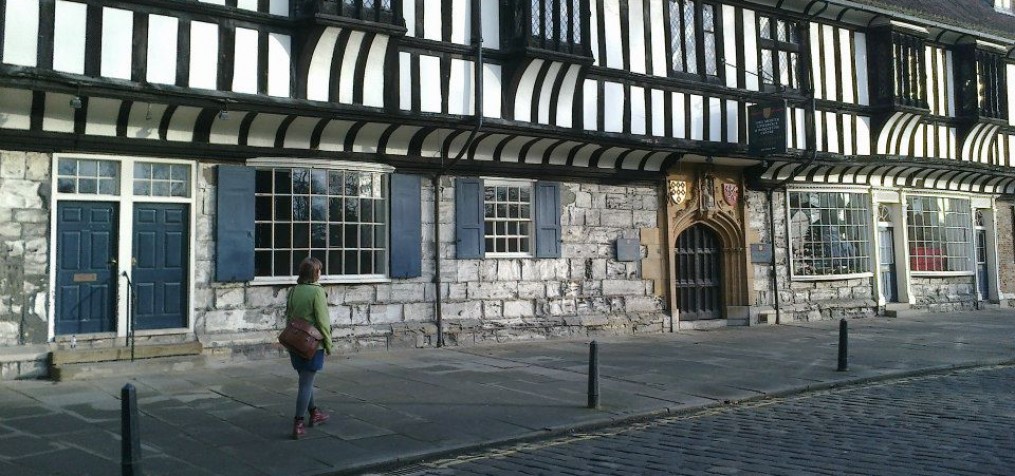I haven’t blogged, or read the blogs of people I follow for so long, so I thought I’d just pootle by and drop a thought or two.
My time recently has been consumed by a big life change including house moving and the reconsideration of my employment prospects, but all of that has had to go on the back-burner now, because it’s time to really start to write my dissertation.
I find myself engaging in this ridiculous and rabid circle of events daily. This is the sort of psychological process that has accompanied almost every essay or piece of written work that I’ve ever composed, but because this is my Master’s thesis and it’s the first time I’ve ever done my own primary research and real life has got massively in my way and waylaid the writing process, it seems amplified tenfold.
So my days currently look something like this:
8am: Wake up feeling refreshed and ready for the day
9am: Around two hours of wonderful, optimistic productivity and a reasonable increase in word count.
11am: DISTRACTION! THE INTERNET! Something shiny! Facebook. TWITTER!
12pm: Guilt guilt guilt.
1pm: Lunch.
1.30pm: I KNOW! I’ll look for jobs so that I don’t end up having all my belongings repossessed when I fail to repay my ridiculous loan after graduation.
3pm: Utter despair and demotivation: there are no exciting jobs and I have no idea what I’m doing with my life.
3.30pm: BUGGER! Dissertation. Why aren’t I writing my dissertation?
4pm: Every word is agony…
5pm: Clearly it is time for dinner and the company of other human beings.
7pm+: Panic writing and low productivity.
At times this vicious circle amuses me and I recognise that this is the sort of battle that any academic engages in when grappling with their research, but at others I think this can’t be right, other people wouldn’t be stupid enough to put themselves through this – I must just not be cut out for this.
So I wonder, does anyone else have a similar vicious circle that they engage in when dealing with their own work? Any tips or advice? Just want to rant about your own writing process? I’m all ears!
Almost 12pm… time for a bit of guiltguiltguilt.


